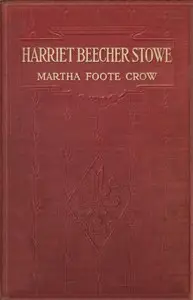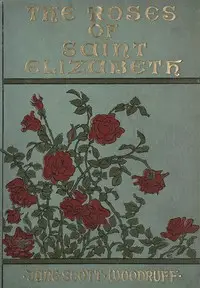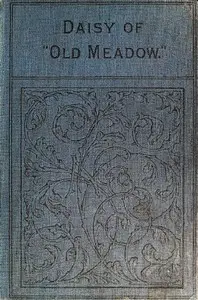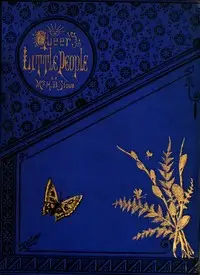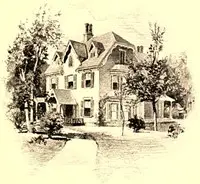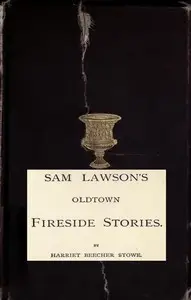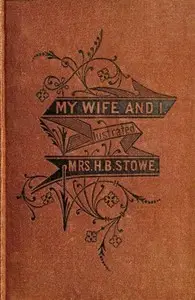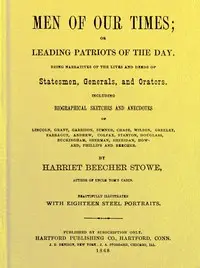"Agnes of Sorrento" by Harriet Beecher Stowe is a story that plunges into the world of a young, spiritual girl named Agnes living in the beautiful town of Sorrento, Italy, during a time when the Church held considerable power. Raised by her grandmother, Elsie, Agnes strives to live a virtuous life away from worldly temptations. The story begins by painting a picture of serene Sorrento and introduces Agnes, an innocent fifteen-year-old deeply committed to her faith. When admired by a handsome cavalier under Sorrento’s arched gateway, her grandmother becomes very protective. Even with these interactions, Agnes focuses on her faith, inspired by Saint Agnes, her namesake. The novel lays the groundwork for Agnes's inner conflicts with her desires, family expectations, faith, and the personal strength she discovers as the story progresses.
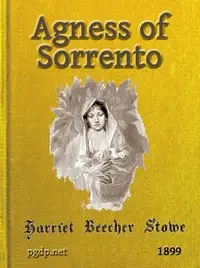
Agnes of Sorrento
By Harriet Beecher Stowe
In a world of faith and beauty, a young girl's spiritual path is tested by love and temptation under the protective gaze of her grandmother.
Summary
About the AuthorHarriet Elisabeth Beecher Stowe was an American author and abolitionist. She came from the religious Beecher family and wrote the popular novel Uncle Tom's Cabin (1852), which depicts the harsh conditions experienced by enslaved African Americans. The book reached an audience of millions as a novel and play, and became influential in the United States and in Great Britain, energizing anti-slavery forces in the American North, while provoking widespread anger in the South. Stowe wrote 30 books, including novels, three travel memoirs, and collections of articles and letters. She was influential both for her writings as well as for her public stances and debates on social issues of the day.
Harriet Elisabeth Beecher Stowe was an American author and abolitionist. She came from the religious Beecher family and wrote the popular novel Uncle Tom's Cabin (1852), which depicts the harsh conditions experienced by enslaved African Americans. The book reached an audience of millions as a novel and play, and became influential in the United States and in Great Britain, energizing anti-slavery forces in the American North, while provoking widespread anger in the South. Stowe wrote 30 books, including novels, three travel memoirs, and collections of articles and letters. She was influential both for her writings as well as for her public stances and debates on social issues of the day.


